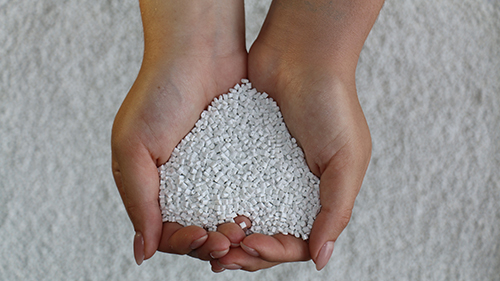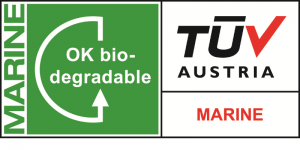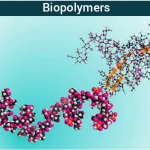What Is Bioplastic
Bioplastics are a type of plastic that can be made from natural resources and so, they are biodegradable. In addition some bioplastics are compostable, under different conditions; industrial composting or home composting
They are tested by independent certification bodies; amongst the most important of these are TÜV AUSTRIA Belgium, DIN CERTCO in Germany and BPI in North America. Industrially compostable plastics or products which are certified to EN 13432 are permitted to bear the Seedling® label from the European Bioplastics e.V


The Benefits of Bioplastics
Bioplastics make it possible to develop innovative, alternative solutions compared to conventional plastics. since, biobased plastics reduce dependence on fossil resources. The consumption of petroleum for the production of plastic is expected to decrease by 15–20% by 2025. By 2025, Asia and Europe will have the largest share of bioplastics market. Asia will account for 32% while Europe at 31% of the total market followed by the United States at 28%
Biodegradable plastics allow enhanced end-of-life scenarios for disposal and recycling. This may lessen the burden on our existing waste systems and also the environment. The packaging industry is currently the largest user of bioplastics, but there are many other suitable applications possible, and consumers are increasingly interested in alternative bio solutions
Did you know plastics can be made from starch, sugar cane or cellulose … Learn more about how biobased plastics contribute to a closed CO2 cycle
https://www.european-bioplastics.org/wp-content/uploads/2020/02/TheBioplasticRevolution.mp4
Why the Growing Demand for Bioplastics
Environmental awareness
Society’s interest in environmental awareness continues to grow and with it the demand for sustainable, environmentally-friendly products. In response, many shops and supermarkets have stopped giving away plastic bags for free
Product feature
Biodegradability is becoming an increasingly popular and lucrative product feature, for example, plants and flowers planted in pots that can be placed straight into the soil to biodegrade naturally
Changes to the law
Legal requirements such as plastic bag bans in a number of countries have led to an increased demand for environmentally-friendly solutions
Waste reduction
The growing use of bioplastic helps to reduce the amount of waste produced, which in turn has a positive effect on the environment
Ref: www.bio-fed.com
Ashter, S. A. (2016). Introduction to bioplastics engineering. William Andrew
This post is also available in: Persian





Leave a Reply
Want to join the discussion?Feel free to contribute!